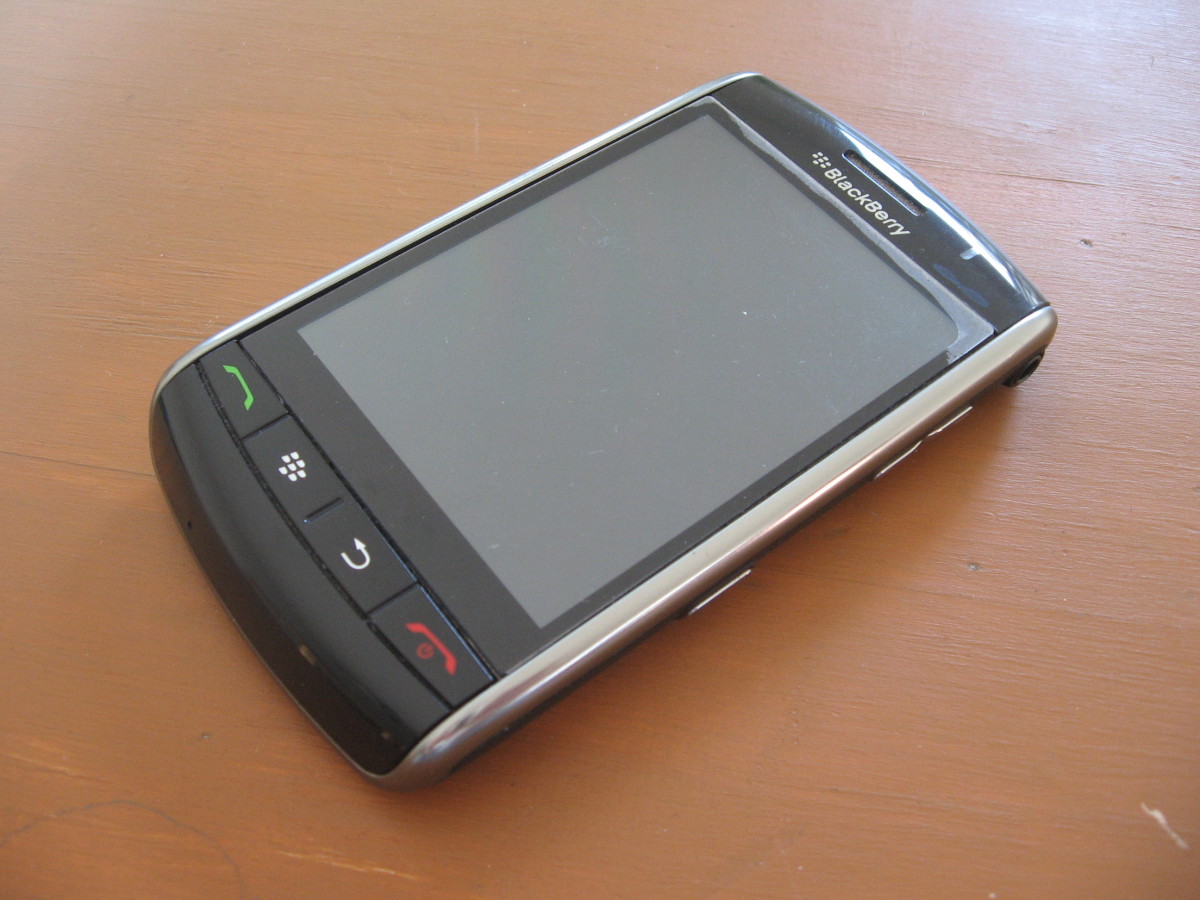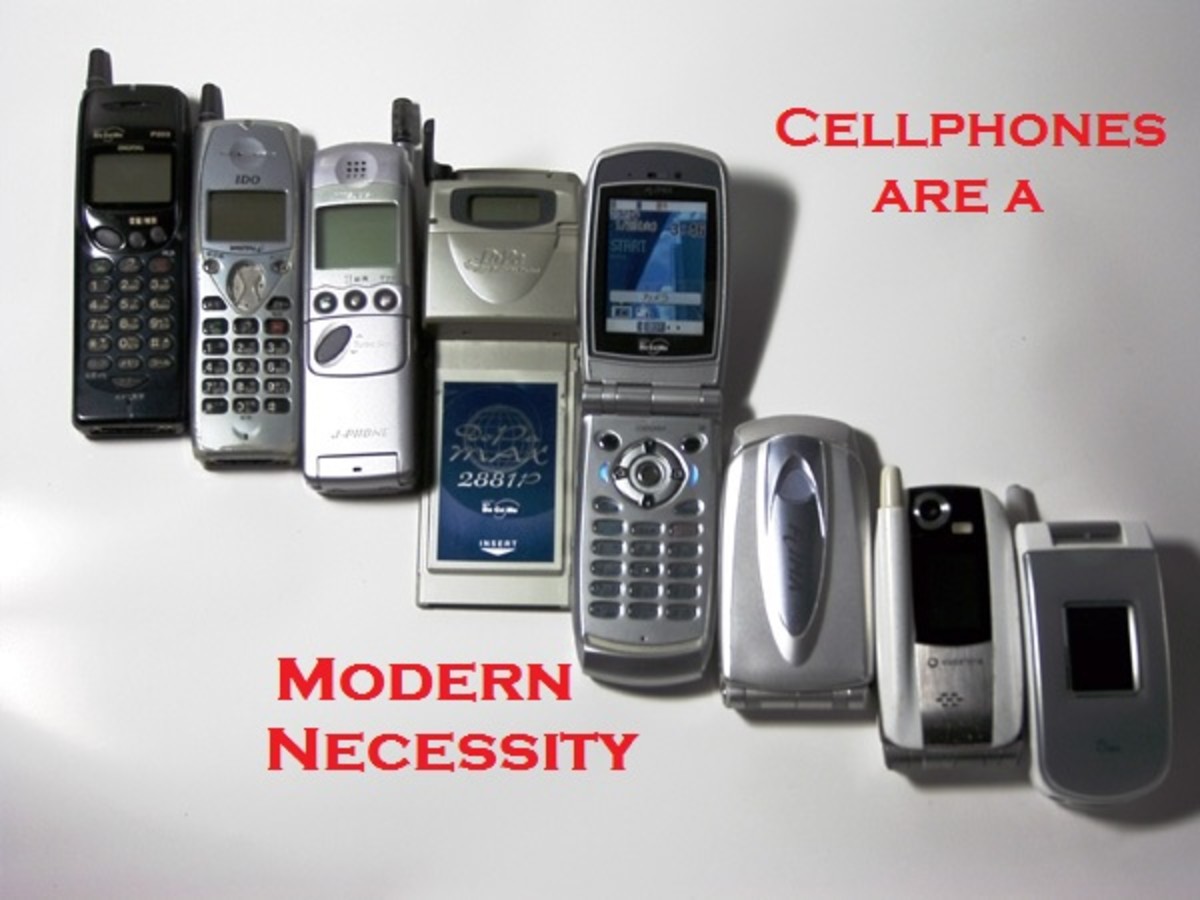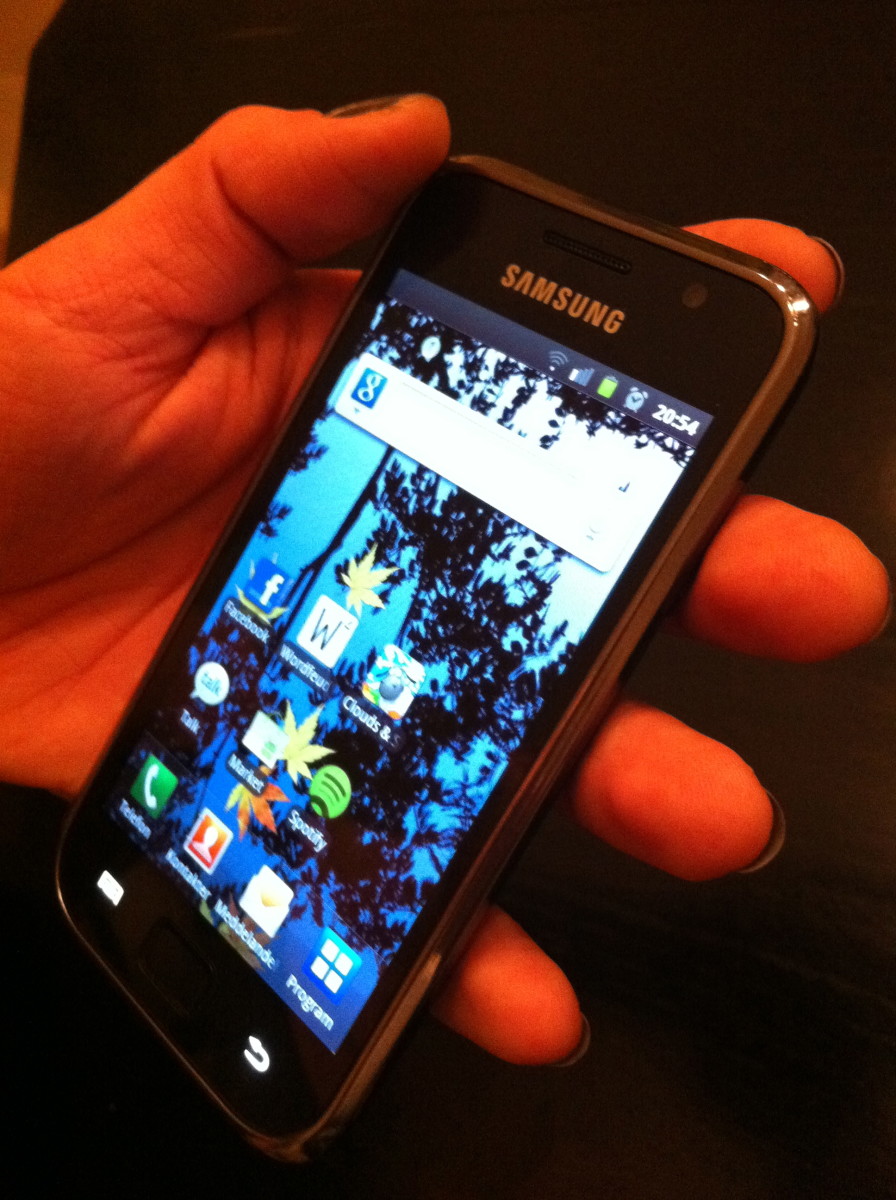Teen Phone Obsession
Phone Obsession
Drugs and alcohol is considered the most harmful and destructive combination affecting teenagers life. However, excessive phone use can have a negative effect on your teen's physical, mental and emotional health.
Here are some of the ways phone obsession can affect your teen:
- Not having adequate sleep
- Reduce time to complete homework assignments
- Less face to face interaction with friends
- Not enough time to complete their tasks
Study link excessive phone use to low self- esteem in teens. Also, teens who overuse cell phones are more likely to be anxious and depressed. Teens are more likely to be phone obsessed due to the fact that they can have instant interaction with friends and social media.even though they can be thousand of miles apart.
The obsession of teens with cell phones has become very serious and can lead to serious injury or even death. If you walk on the streets or drive along in your motor vehicle you will see teens on their phones having no clue what is happening around them. Crossing intersections without looking out for traffic or listening to music on their headphones and not been concern for their own safety.
Teen Excessive Texting

How Parents Respond
When parents are asked why they think a phone is necessary for their teen, Here are some of their answers:
- For their protection.
- They can be reached anytime
- Keep track of their movement
- Security
Teen's, their use of cell phone and weather or not it cause a positive or negative influence is debatable. However, there should be more case study on how overuse of cell phone affect teens. In their best interest there should be legislation which governs the use of cell when in public. Parents have a responsibility at home to monitor their teen's excessive use of phone and create certain guideline for them to follow.
Challenging children to do "interval training" where they spend 30 minutes doing homework without any form of disruption from technology -- and during the next 30 minutes of homework, they are allowed to check their phones or other devices. (You could also try 15 minutes if you can't quite get your kid away from the phone for 30!)
Experiment with teens,you may be "blown away" by how much better they do when they are not distracted by technology. They are able to complete their homework almost in a quarter of the time it takes them. They will learn better the next day when they're doing tests or trying to remember it."
Thankfully, the phone conundrum -- Do I give my kid one? At what age? What are the ground rules?.
Cell phones seem to be as much a part of teenage life as schoolwork, hanging out at the mall, and obsessing over what to wear to prom. But these days, children are beginning to receive their first wireless phones at progressively younger ages. According to a new 2012 NCL survey,
Although cell phones are becoming more common among younger teens, there are major differences in the issues parents face when shopping for and managing the use of a tween’s mobile device as opposed to an older teenager’s phone. For example, a 16-year-old driving herself to an after-school job is likely to use a wireless device differently than a 12 year-old who is still dependent on a parent for rides to soccer practice and not venturing far from home independently.
Figuring out how to manage a child’s use of one of these high-tech gadgets can often require the skills of a seasoned diplomat, the steely nerve of a tightrope walker, and the tech savvy of a Silicon Valley computer geek.
Distracted Teen Driver On Cell (Can Turn Deadly)
Teens Responsibility
The responsibility of teens to properly deal with the phone obsession epidemic is up to the individual. How important or useful cell phone is to teens is debatable. However, they have to grasp the true implication of the use or abuse of their phone time.
Teen gangs are initiating members by picking on random strangers and launching attacks while using their phone to videotape the incident. It is up to teens to make the right choices on the proper usage of their phones.They can quickly mobilize at any location weather for a hanging out session or of some more sinister reason.
Laying Down the Law
As parents, when we decide to give our children technology devices it's up to us to take the lead and teach them to use it in an appropriate manner. We also need to lay down rules and not be afraid if our teens get upset or angry. Mobile phones are handy and useful and they can provide a real measure of safety. But, they can also be harmful and risky if not used properly. Teenagers are not always ready to handle the consequences that can transpire from improper use. Educating and communicating the benefits, risks and boundaries are the foundation for healthy technology practice.
As you formulate your own plan of action, use as a tangible way to instill your family values when using technology. Just remember that children are more likely to take ownership of something when they are involved in the process. So let them be a part of creating a solution and make a binding commitment on the use of their cell phone.Also,have your teen agree on the consequence for not abiding by the rules.
When all is said and done teens action are reflective of parents teaching.Therefore, parents are held accountable for their teens action.








